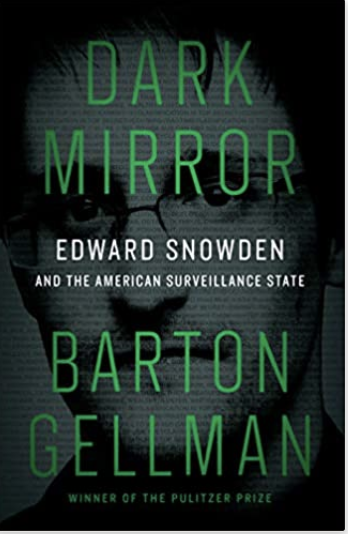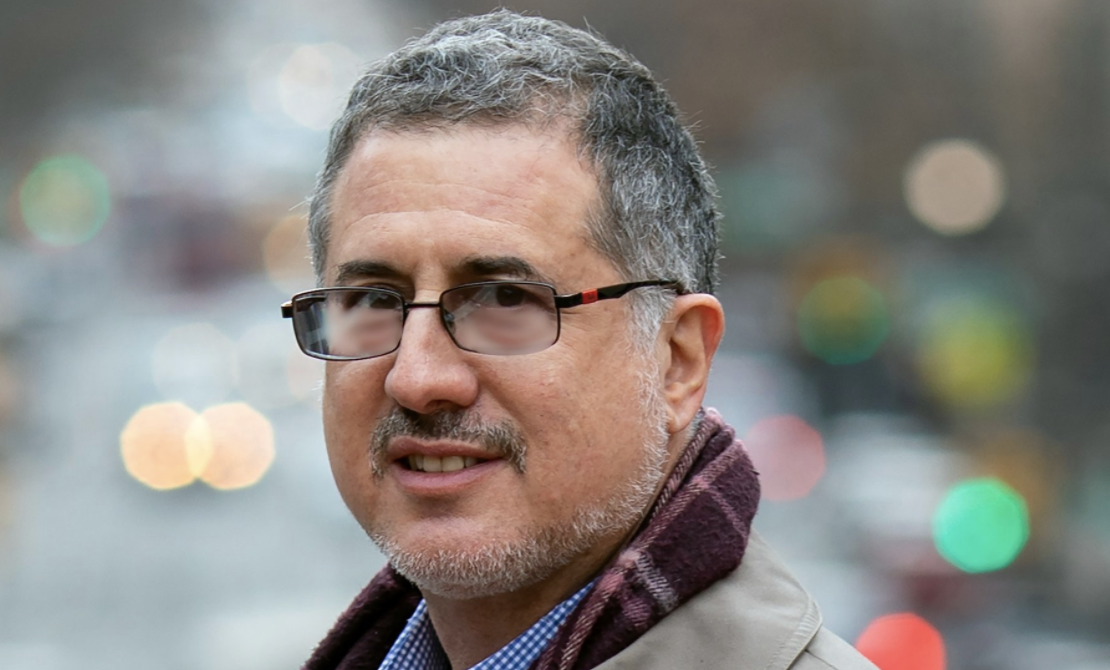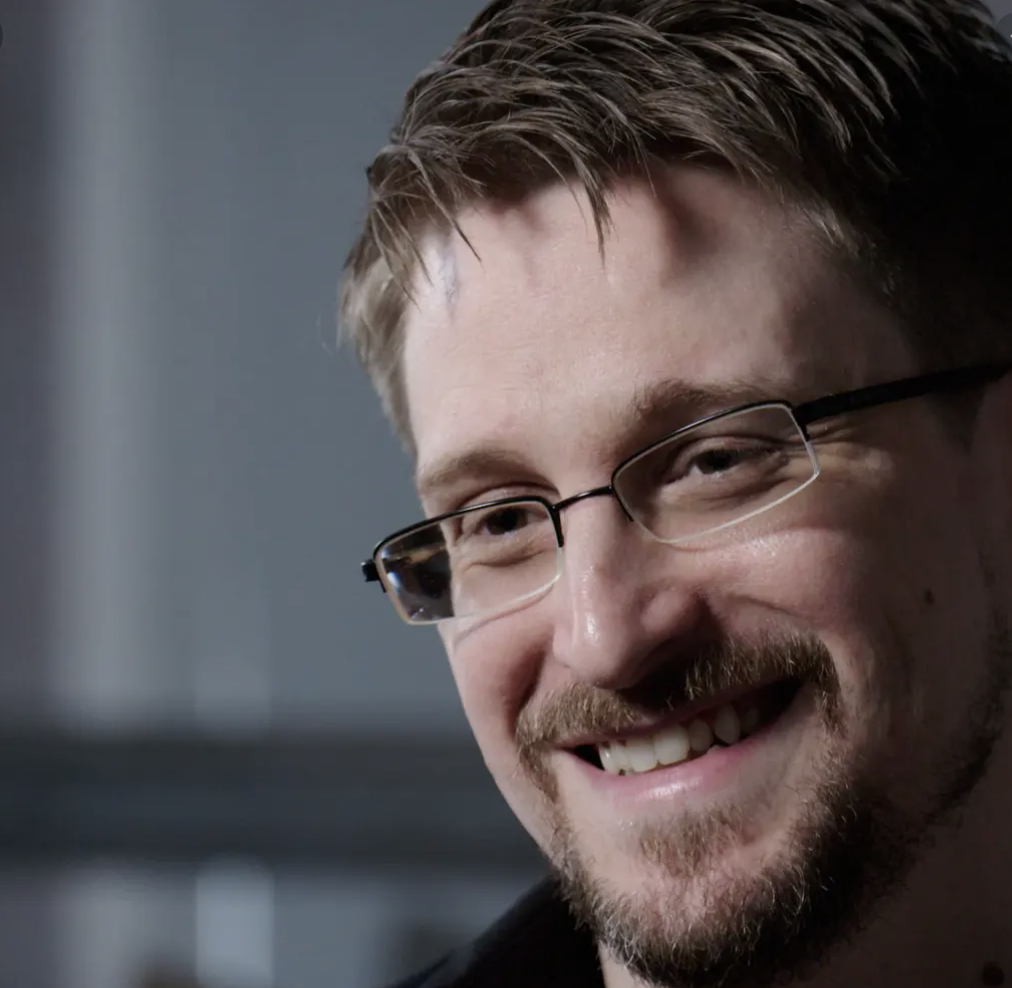
Modern surveillance state: Is it open society?



Whistleblower, Edward Snowden explained why he decide to tell about American surveillance and said “They can literally watch your thoughts form as you type”.
The system the US National Security Agency contractor uncovered had capabilities far beyond those the public image are available from watching spy movies as they could not only review stored account information but also dial in and record live audio, video chat, and file transfers.”
Gellman in Dark Mirrors tells the story with a vivid and insightful style that he could not tell before, the surveillance-industrial revolution and its discontents, gripping inside narrative of investigative reporting as it happened and deep dive into the machinery of the surveillance state, as he wages an escalating battle against unknown adversaries who force to mimic their tradecraft in self-defense.
The state’s zeal in using the Covid19 pandemic to increase snooping and ease with which citizens seem willing to hand over their data in order to be kept safe as civil liberties taken are rarely given back.
Snowden’s interlocutor is Barton Gellman, one of four journalists he worked with as he sent them an extraordinary array of highly classified files in 2013 which revealed several programs runs by the NSA.
Dark Mirror reveals the story of how Snowdon contact two activist-journalists Laura Poitras and Glenn Greenwald. Two operators from the so-called mainstream media Ewen MacAskill of the Guardian and Gellman are suspicious of each other as initially, they have no idea who their potential source known as Verax is.
Snowden, having worked at CIA headquarters in Virginia, Geneva, and Japan, earned a reputation as a respected data analyst at a secret intelligence center in Hawaii.
Gellman writes “Slowly and carefully he explored the boundaries of his electronic universe” until he realises how easily he can gather and manipulate information not just overseas but also in the US. Horrified he decided to become a whistleblower.
Although three-time Pulitzer Prize winner and author of New York Times bestseller Angler, Gellman won prizes for scoop stories on 9/11 and the vice-presidency of Dick Cheney, he falls out with his editor at the Washington Post in 2010 who was shutting down investigative journalism. When Gellman out of the blue receive a mammoth document dump from the still-unidentified source he started to dig further knowing he was sitting on a reporter’s goldmine, alongside potential criminal charges and even treason. Under a new boss, he warily decides to offer it to the Post. The secret meetings via back staircases the concealment and encryption of the files all were most compelling.
Snowden invites journalists to his Hong Kong hideout, while Poitras, Greenwald, and MacAskill all go but Gellman and his editors decide he should not go. They all end up revealing NSA’s infiltration of Google and Yahoo systems and accessed much of all our data. Der Spiegel’s scoop about NSA snooping on the mobile phone of German Chancellor Angela Merkel did the most diplomatic damage out of several hundreds of stories derived from Snowden’s cache.
Gellman meets Snowden in Moscow in the lobby of a gaudy casino hotel and sits together for two days when Snowden reveals US intelligence studied electrical emissions when scouting Osama bin Laden’s lair in Pakistan.
The propaganda benefit Snowden’s presence in Russia gives President Vladimir Putin especially a man notorious for his love of open societies.
Dark Mirror: Edward Snowden and the Surveillance State by Barton Gellman, Penguin Press $30, Bodley Head £20, 448 pages.
